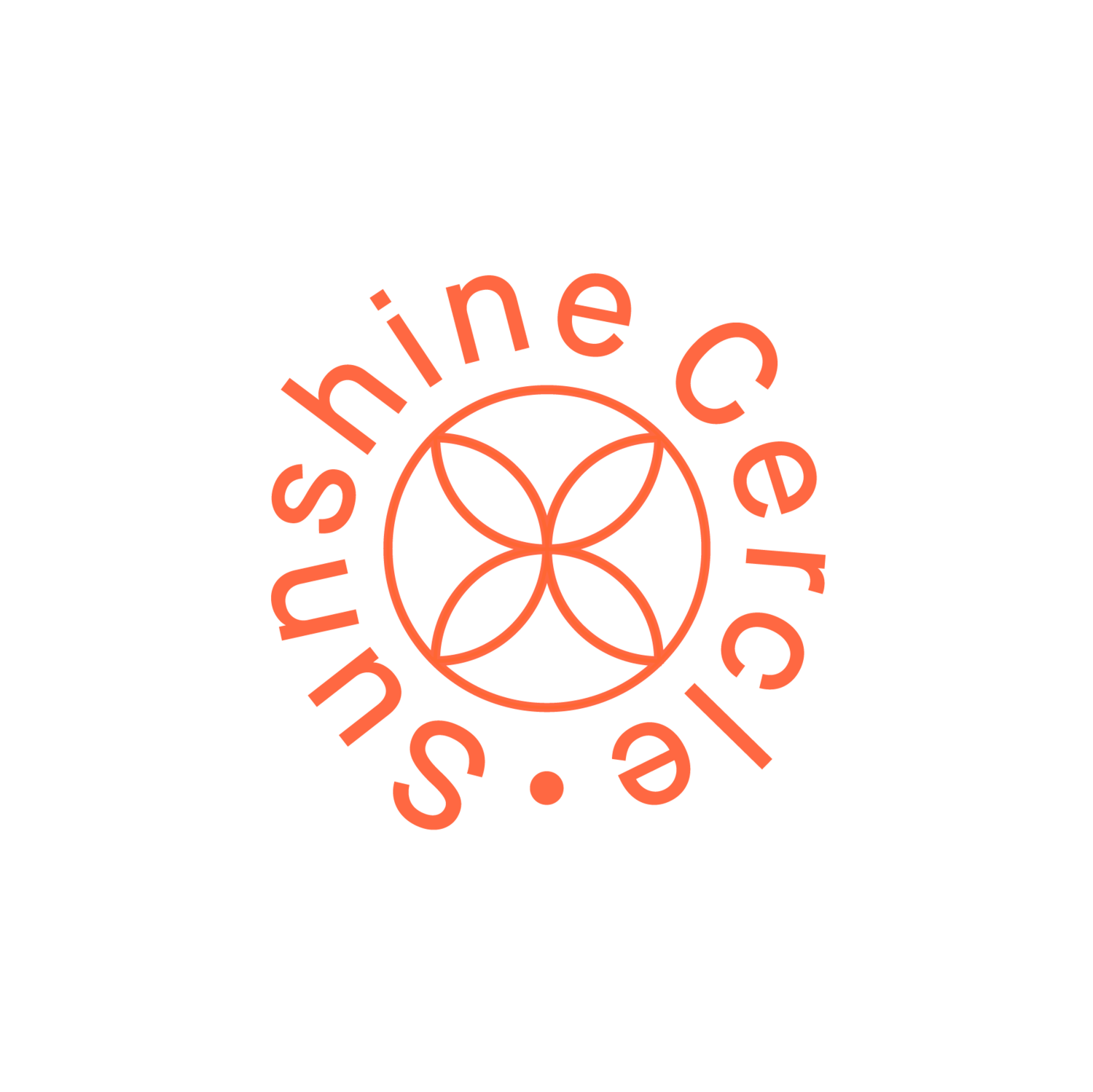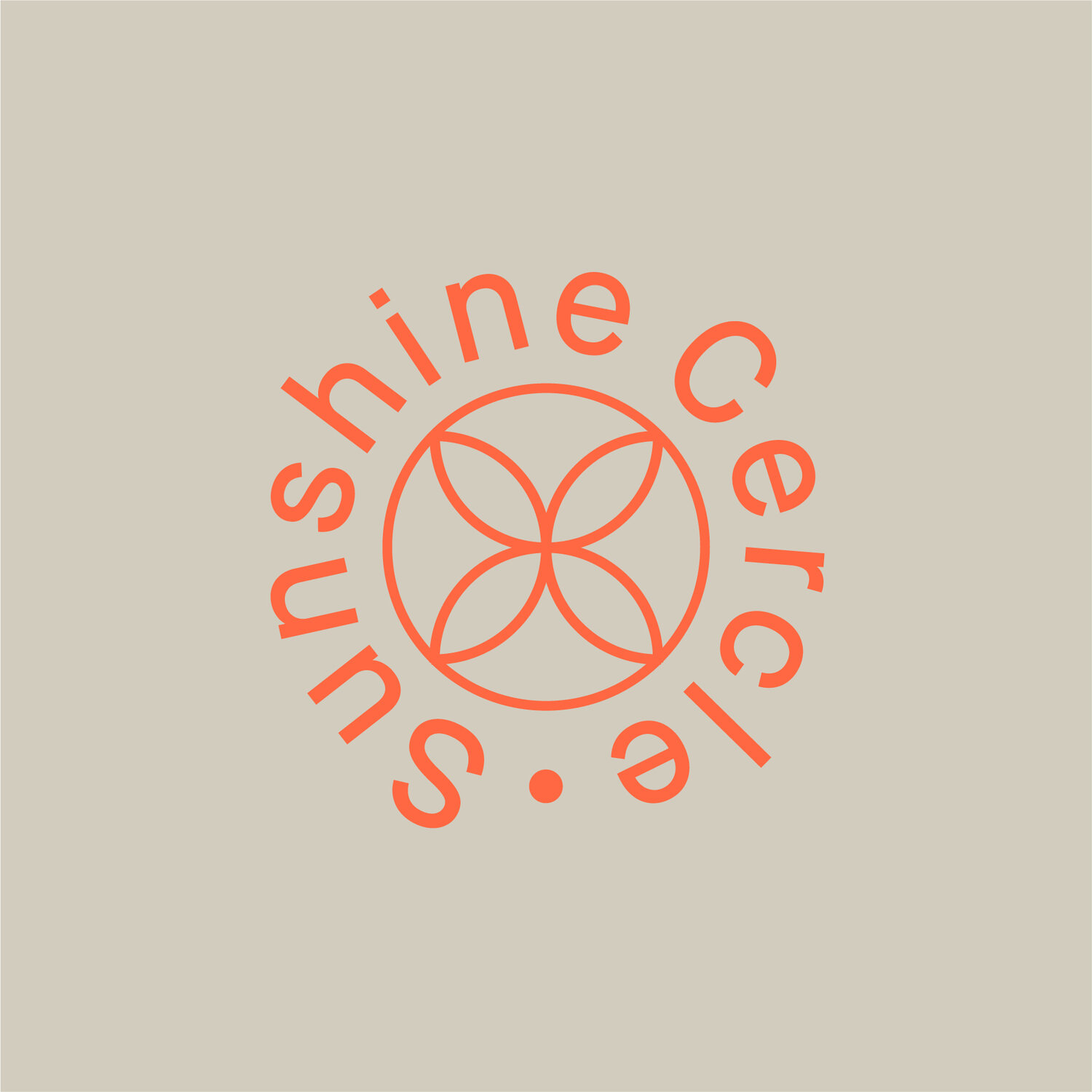FAQs
-
Contact me here and I will respond by attaching a PDF with all my offerings, their prices, length, and how they are offered.
-
Somatic Yoga Therapy (SYT) is flow-based using therapeutic yoga asanas during the entire session with elements of somatic practices. Learn more about SYT here.
Integrative Somatic Therapy (IST) is based on somatic techniques that help release stuckness of trauma and/or stress symptoms through modalities that could include but not limited to a therapeutic yoga posture during the session to support your process. Learn more about ISTT here.
-
To embrace the transformative potential of this work, a commitment of at least 4 sessions weekly is highly recommended. This approach allows for deeper integration of session material and a clearer understanding of its impact.
Following this first phase, you'll have the freedom to adjust the frequency to once a week, bi-monthly, or as needed, ensuring a pace that resonates with your progress and needs. Your process is individual, and I'm here to provide the support you require.
-
Somatically oriented therapies uses knowledge of the basic functions of the nervous system to greatly enhance the therapeutic process.
Any experience that exceeds your capacity can trigger your nervous system into a sequence of dysregulation. Somatic processing can be an intense experience based on your current capacity, even if it was a good experience.
Regulating your nervous system has nothing to do with rationality or your intellectual capacity of what’s good or bad for you, your nervous system operates instinctually. Discomfort or comfort can trigger the same protective response! Capacity is unique to each and can vary based on your circumstances, past traumas, and the degree of neurobiological safety you have in the present moment.
Our brain and nervous system functions best with familiarity because predictability and familiarity conserve energy and our body is designed to work in an economical way. Your nervous system wants to repeat whats familiar even though thats not necessarily whats good for you, and that becomes your familiar. So what happens when your trauma pattern becomes familiar? You keep living in patterns of protection for survival, rather than healing back to patterns of connection.
When we deconstruct what’s familiar it can be overwhelming, so its important to have space for self-care, support, and integration whatever it looks like for you. To heal, a felt sense of safety is a prerequisite before doing anything else.
-
Trauma-Informed means that offerings at Sunshine Cercle are designed with the understanding of the impact of trauma on individuals, ensuring a safe and supportive environment for clients dealing with stress, anxiety, or past traumatic experiences.
-
It’s facilitation that prioritizes the creation of a sense of safety and connection, of welcome and belonging - both from an individual and collective nervous system lens.
-
SYT is a trauma-informed and polyvagal-facilitated flow that blends somatic practices with yoga practices- a system of transformational movement.
The somatic practices are done with a yogic approach (mind-body integration), and the yoga is done with a somatic approach. It is practice based on attuning and becoming sensitive to what is happening in your body while been guided into specific shapes and sequences with breath, movement and mindfulness.
It is also a recommended prerequisite if you're curious about integrative somatic therapy 1:1 sessions.
-
No. I focus on Private 1:1 Sessions.
I do offer once a month an online donation-based open group class through my give-to-give fundraiser project called Moving for Connection. My somatic-centered movement class “Embodied Yoga & Somatics” focuses on co-regulation in community. You can read more here.
-
Strength-Based: Recognizing and building upon one’s existing inner resources, strengths, and capacities. It involves acknowledging the individual's ability to navigate and cope with challenges, rather than focusing solely on deficits or weaknesses. This approach helps you tap into your body's innate ability to self-regulate and heal.
Resilient-Based: Fostering one's capacity to adapt, recover, and thrive even in the face of adversity. Emphasising the body's innate resilience and its ability to move through states of activation (fight or flight) and deactivation (freeze) in order to return to a balanced state. Body-centered therapy focuses on helping you enhance your capacity for self-regulation and resilience in response to stressors.
Process-Based: Emphasizes the importance of focusing on one's ongoing experience and the unfolding process within each session. This approach involves attuning to the client's bodily sensations, feelings, and physiological responses as they arise in the present moment. By guiding you through your bodily sensations and experiences, I help you navigate and process unresolved trauma or stress, facilitating a more complete healing process.
Overall, a strength-based, resilient-based, and process-based approach in body-centered therapy aims to empower clients by leveraging their inherent strengths, promoting resilience, and facilitating a deep, experiential exploration of your bodily sensations and responses for healing and growth.
-
My approach is integrative and blends movement with somatic psychology using trained modalities such as Somatic Experiencing, Bodymind Centering, Hanna Somatics Yoga, Somatic Parts Work, and Somatic Stress Release. My work has a trauma and polyvagal-informed approach to it. Learn more about my certifications here.







